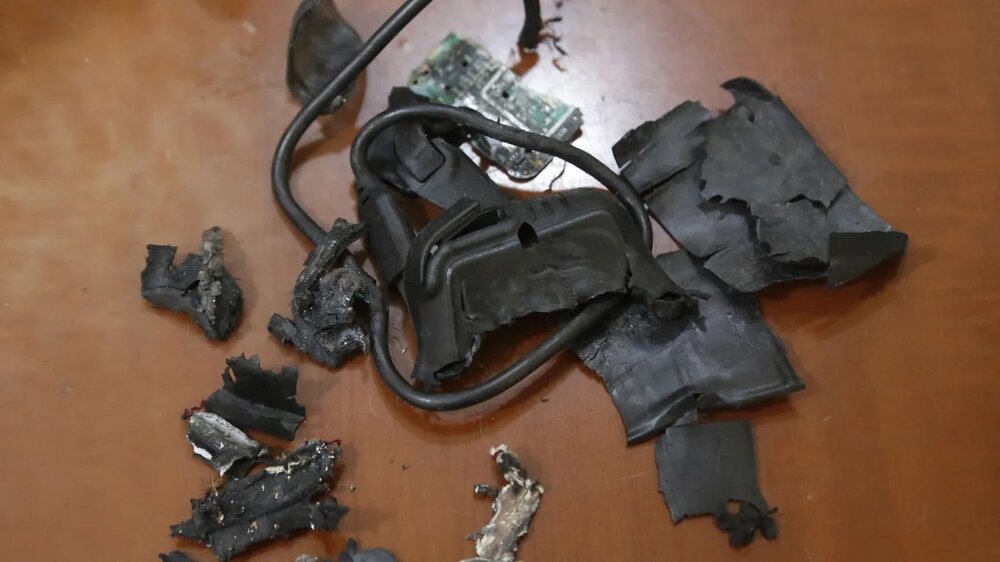New security alarms are ringing around the world with pagers exploding
As explosions continue in Lebanon, concerns now turn to the means in the hands of ordinary civilians. These attacks will be scrutinized globally and will create new demands for supply chain assurance, as dependence on foreign components undermines military strength.
According to Isna, with the increase in casualties caused by the explosion of communication devices tampered with explosives by the Zionist regime in Lebanon and the concern about the supply chain of equipment and parts, these explosions raised new security warnings.
Improvised bombs made from pagers and walkie-talkies and reports of exploding solar power systems point to a potentially limitless front in the future war, where even ordinary everyday devices cannot be trusted, Axios reports. The supply chain war will continue in the long run because its targets are simple and accessible. Blowing up factories and attacking supply lines is nothing new, what is unprecedented here is stealth access and espionage-style execution.
According to reports, Taiwan’s Gold Apollo said that Budapest, Hungary-based BAC Company had thousands of paging devices that killed at least 12 people, including two children, and injured about 2,800 in a coordinated attack on Tuesday. had prepared More attacks were reported on Wednesday, when Japanese walkie-talkie (wireless) devices and solar equipment were detonated in several parts of Lebanon. According to the Lebanese Ministry of Health, the second wave of attacks left at least 20 dead and more than 450 wounded.
New footage from Lebanon is being released, offering a closer look at the attacks. On Wednesday, in one of the clips, a device exploded in a market, incapacitating a person and terrorizing passers-by. According to Lebanon’s Hezbollah, dozens of people were killed and thousands more were injured in 2 days.
According to Axios, it’s a military truism that “if you can’t talk, you can’t win,” and so Hezbollah used low-tech tools to avoid such a deadly compromise. However, Tel Aviv seems to have infiltrated its foreign supply chain.
Separately, Lebanon’s official News agency reported that solar energy systems had exploded in several areas of Beirut.
Experts consulted by Axios said phishing attacks are likely to be a combination of physical sabotage and cyber exploitation. Comparisons with Stuxnet, the first publicly known hack to cause real-world damage, are unhelpful, one expert said. Concealing explosives in electronic components is one thing, making them detonate remotely and in unison is another.
end of message
RCO NEWS
RCO


















